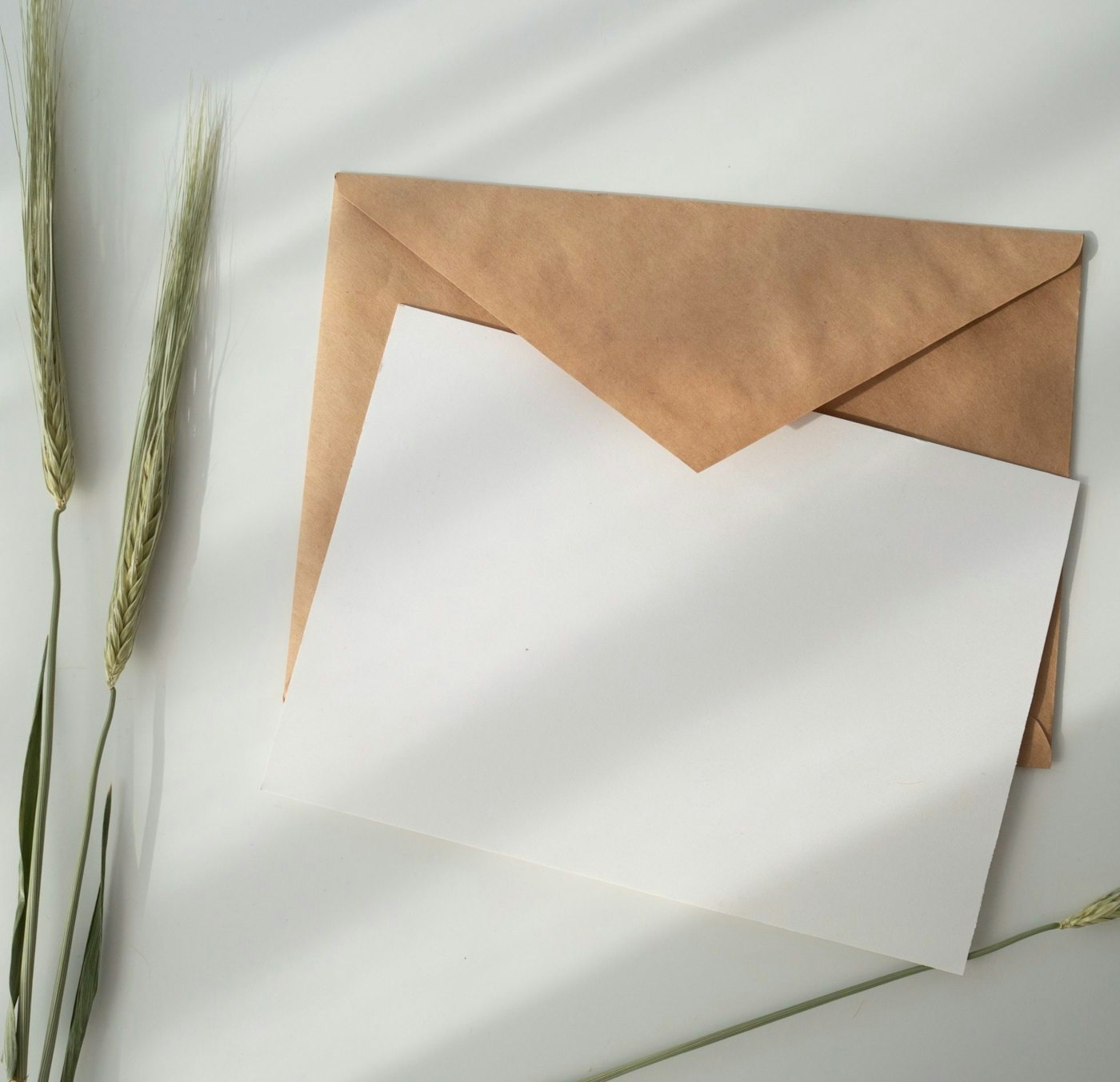Agony Aunt: Exploring Sex Education Before Marriage
by Maya Areem in Culture & Lifestyle on 5th October, 2025

We know that Amaliah is like a Big Sis and sometimes our DMs have been filled with requests for advice on a range of life issues including relationships, friendships or work troubles.
We have started a new segment where we field dilemmas from the community and answer them as frankly as we can with love, truth and honesty.
Need some advice on a dilemma? Send them all here!
Asalamualaikum, Aunt Maya, I wanted to ask about something that is a bit taboo, and I don’t hear people speak about much in Islam. I wish there were more platforms to learn about sex education with an Islamic perspective, but I wanted to ask about how a woman is to explore sexuality and desire and their body and learn about that before entering into a marriage. How does someone know what they like and what feels good sexually before marriage? Because it feels dangerous and scary to only find that out after going into marriage, it might cause problems. I know Allah would want us to enjoy intimacy and the levels of pleasure Allah has made possible for us through giving us a miraculous body. I would like to understand how to do this in a way that is safe and halal and celebrates pleasure instead of condemning and demonising it, especially for women. Thank you.
Maya Areem responds:
Asalamu Alaykum,
Thank you for writing in with such honesty and care. You’ve voiced something that many Muslim women carry quietly—a desire to understand their bodies and sexuality without shame, but with guidance in a safe space.
First and foremost, it is important to acknowledge that sexual pleasure, especially for women, is not shameful. Islam affirms women’s orgasm, mutual enjoyment, and foreplay. The key is intention and timing; that intimacy happens within the framework of marriage, and that preparing for it is not the same as acting on it.
The Prophet ﷺ described intimacy in marriage as an act of mercy and sadaqah. (Muslim)
But the truth is, many of us are expected to just figure it all out after the nikah, often with no real education, few tools, and a whole lot of silence. That gap can feel frightening, and your concern is valid. You don’t need to arrive at marriage knowing everything. But you deserve to arrive informed, not overwhelmed, and able to advocate for your well-being.
Everyone’s experience of desire is different, and that too is part of your self-awareness. Some women feel nothing until they are married and emotionally safe. Others know they have a strong libido before marriage. Both are normal. What matters is not indulging in your desires.
Body literacy, knowing your cycle, understanding your emotions, and recognising what brings you ease are important. This can help build self-awareness, which you’re allowed to have before marriage.
At the same time, we have to be real and accept that Islam places boundaries around when and how sexual pleasure is explored, which is within the sanctity of marriage. This can be testing and hard for many. Holding back desire in a world that constantly encourages indulgence isn’t easy, and it’s okay to admit that. It is also important to remember that Allah ﷻ rewards that restraint. You’re not doing something wrong by feeling desire; you’re doing something right by choosing not to act on it in ways that go against what we believe.
Exploring your sexuality within the bounds of Islam doesn’t require physical experimentation; it means approaching it with intention and modesty. It can look like:
- Learning about your body from medically accurate sources. I recommend reading the Amaliah article on Muslim women sex educators, who speak openly and respectfully about intimacy, including Angelica Lindsey-Ali, known as The Village Auntie, whose work helps Muslim women reconnect with their bodies, boundaries, and desire in a spiritually grounded, culturally aware way.
- Understanding how hormones, stress, and emotions impact libido and mood.
- Gaining vocabulary to express consent, boundaries, desire, and discomfort, and learning how to communicate those clearly with a future spouse.
It helps to remember that pleasure is also something that doesn’t require being prepared for. It’s something to communicate with your spouse, and it is something you grow into, together over time. One thing that’s often overlooked is that sex is more than a physical act. Emotional connection, tenderness, and being truly listened to are all precursors to physical intimacy.
May Allah guide you to a marriage built on compassion, communication, and deep care, the kind that honours every part of you. Ameen.
Love + Duas,
Aunt Maya
If you would like some wisdom from Aunt Maya, send in your problems here! Please note Aunt Maya may consult the opinion of others from time to time and ask the Amaliah community for their advice too. Aunt Maya is not a licensed therapist or mental health professional.
Maya Areem
Maya is a teacher by day and student by night. She hopes to pass on what she learns.